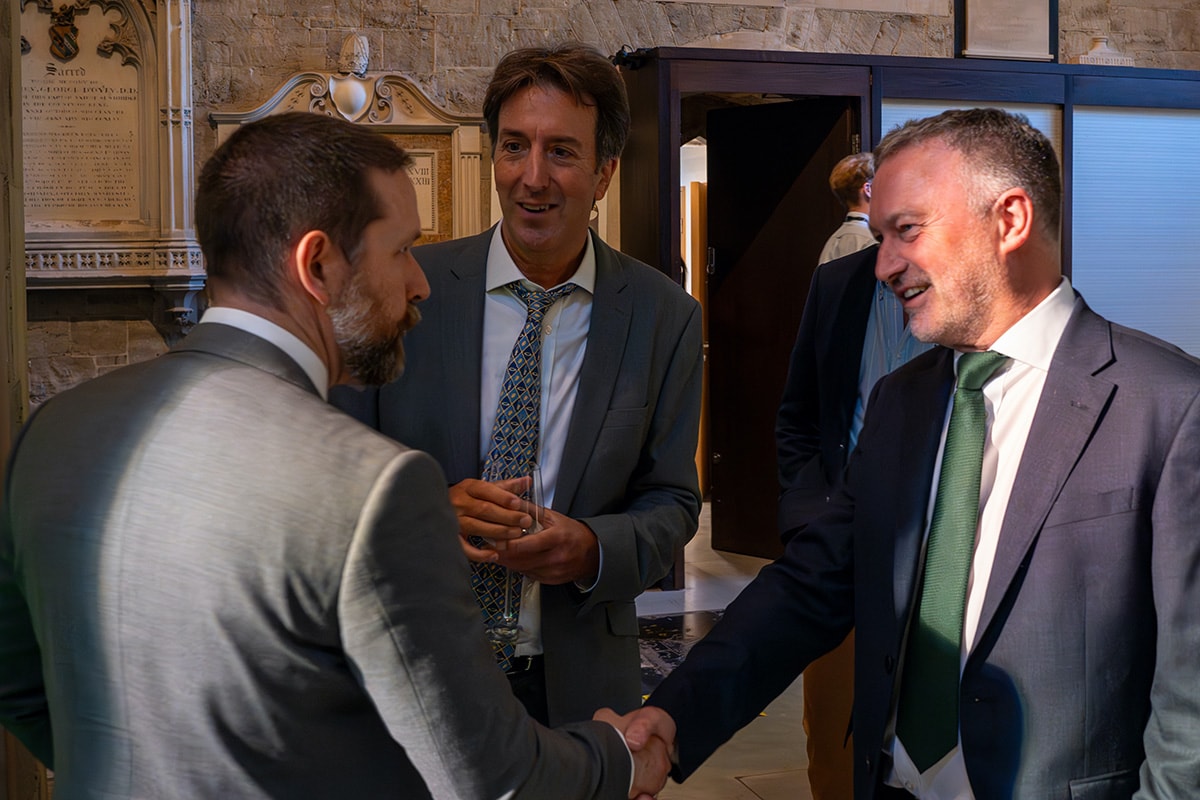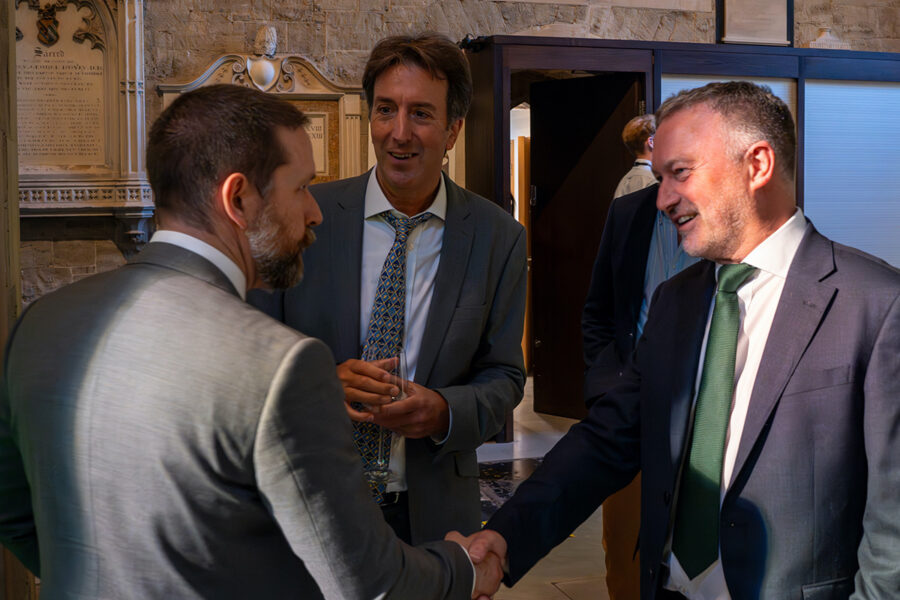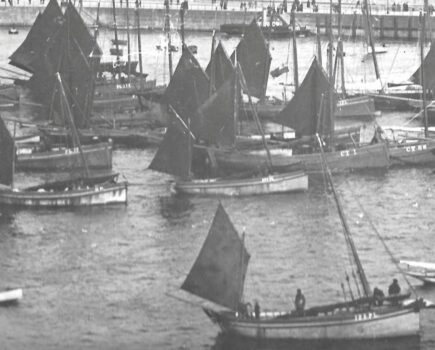Steve Reed, the new secretary of state for Defra, had a first meeting at the start of August with over 200 industry, trade association and NGO representatives from across the farming, fishing, food and environmental sectors, where he set out his plans to ‘restore pride in our beautiful countryside and clean up record levels of sewage in Britain’s rivers, lakes and seas’.
His speech was aimed at signalling a clear break from the previous government, and he explicitly linked food production with improved environmental outcomes as well as increased economic growth, spurred on by producers needing a healthy environment in which to prosper.
NFFO chief executive Mike Cohen, who attended the crowded event on a sweltering hot August evening, said afterwards: “He laid out his five key priorities: cleaning up rivers, lakes and the sea, working towards a zero-waste economy, boosting food security through support for producers, speeding up nature recovery, and accelerating flood defence construction, and set these within the context of the prime minister’s core commitment to promoting economic growth.
“He was explicit in identifying support for fishers as an important part of that, and emphasised partnership working and collaboration to deliver change.

NFFO chief executive Mike Cohen and Shetland Fishermen’s Association executive officer Simon Collins meeting Defra secretary of state Steve Reed, who made time for detailed discussion on fishing issues after unveiling his new approach at the packed meeting. (Photo: Defra)
“The language of nature crisis and environmental decline was much used, but so too were references to supporting domestic food production and food security. There was an overriding note of optimism that positive action can solve problems, and that the time is right to reset relations between government, producers and environmentalists.
“The balancing act between different interests that lies at the heart of Defra was clear to see this evening – both in the secretary of state’s speech and later in conversation with him and his ministerial team. There is no doubt that they will have to take some difficult decisions very soon.
“Our job is to ensure that they remember the importance of fishers and fishing communities when they do so. Our industry is certainly being talked about more in government that it often has been – and it is finally being talked about for its important contribution to the nation, not as a conservation problem, or a planning constraint.
“As I have said many times before, though: what they do will count for far more than what they say.”
This story was taken from the latest issue of Fishing News. For more up-to-date and in-depth reports on the UK and Irish commercial fishing sector, subscribe to Fishing News here or buy the latest single issue for just £3.30 here.
Sign up to Fishing News’ FREE e-newsletter here.








